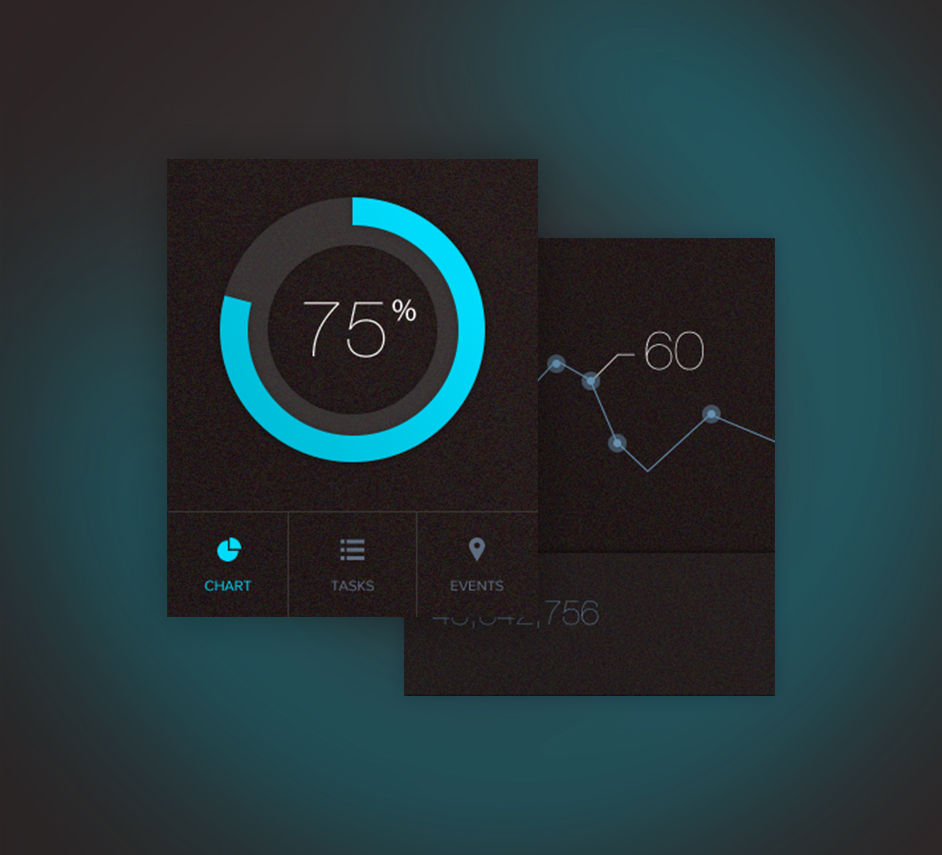How AI is Revolutionizing Healthcare
- Davide Ferrari
- Mar 11, 2024
- 2 min read
Title: How AI is Revolutionizing Healthcare Introduction: Artificial Intelligence (AI) has emerged as a game-changer in the healthcare industry, revolutionizing the way we diagnose, treat, and care for patients. In this blog post, we will explore the transformative impact of AI in healthcare and discuss real-world examples of its applications. As an AI expert with a background in medicine, I will provide valuable insights on how AI is reshaping the future of healthcare. 1. Enhancing Diagnosis and Treatment: AI algorithms have the potential to analyze vast amounts of medical data and identify patterns that may not be apparent to human physicians. This enables more accurate and timely diagnoses, leading to improved patient outcomes. For example, AI-powered systems can analyze medical images, such as X-rays and MRIs, to detect early signs of diseases like cancer. Additionally, AI algorithms can assist in developing personalized treatment plans by considering individual patient characteristics and medical history. 2. Improving Patient Care: AI is transforming the way healthcare providers deliver care to patients. Chatbots and virtual assistants powered by natural language processing can provide patients with instant access to medical information and guidance, reducing the burden on healthcare professionals. AI can also help monitor patients remotely, allowing for early detection of health issues and timely intervention. Wearable devices equipped with AI algorithms can track vital signs and alert healthcare providers in case of abnormalities. 3. Enabling Precision Medicine: AI is driving the shift towards personalized medicine, where treatments are tailored to individual patients based on their genetic makeup, lifestyle, and medical history. By analyzing large datasets, AI algorithms can identify genetic markers that influence disease susceptibility and response to treatment. This enables healthcare providers to develop targeted therapies and improve treatment outcomes. 4. Accelerating Medical Research: AI is revolutionizing medical research by enabling scientists to analyze vast amounts of data quickly and efficiently. Machine learning algorithms can identify patterns and correlations in large datasets, leading to new insights and discoveries. AI can also assist in drug discovery by predicting the efficacy and safety of potential compounds, reducing the time and cost involved in the development of new drugs. Conclusion: The potential of AI to transform healthcare is immense. From improving diagnosis and treatment to enhancing patient care and enabling precision medicine, AI is reshaping the future of healthcare. As an AI expert with a background in medicine, I am excited to be part of this revolution and contribute to the development of innovative AI solutions that will improve healthcare outcomes for patients worldwide. By leveraging AI technologies, healthcare providers can deliver more accurate diagnoses, personalized treatments, and proactive care. The integration of AI into healthcare systems has the potential to save lives, reduce costs, and improve overall patient experiences. As we continue to explore the possibilities of AI in healthcare, it is crucial to ensure ethical and responsible use of these technologies to maintain patient privacy and trust. Together, we can harness the power of AI to create a healthier and more efficient healthcare system.









Comments